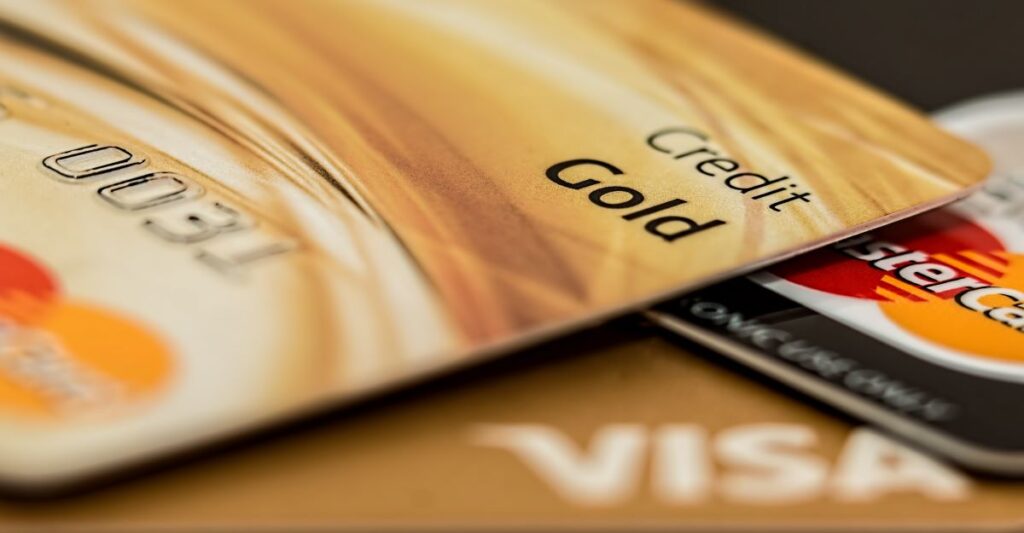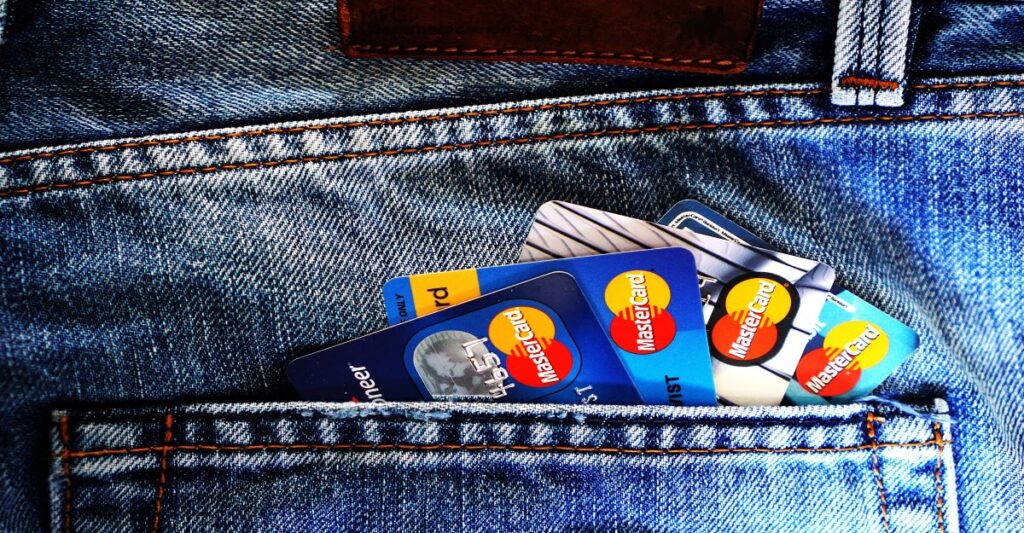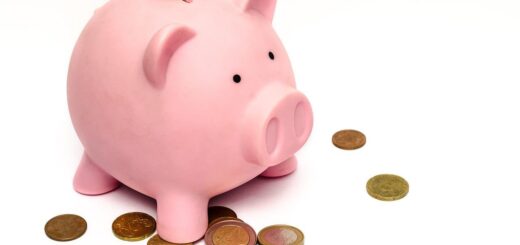How is Your Credit Score Calculated and How It Can Make You Money?

Credit score is one of the most important metrics that lenders use to determine eligibility for any loan, no matter the product.
Your credit score is often referred to as a FICO score, this is because in 1956 the Fair Isaac Corporation created the first credit scoring system in order to improve business decisions. By 1995 both Freddie Mac and Fannie Mae were recommending the use of FICO scores for mortgage lending. What you want to understand about this is that all FICO scores are credit scores, but not all credit scores are FICO scores. People tend to talk about their FICO score as if there is only one, but there are actually several. The main three scores are those from the three main credit bureaus Transunion, Equifax, and Experian. Each credit bureau calculates credit scores differently so you will almost never have all three of your scores be the same when you look at your credit report. Credit scores range between around 300 to 850.

The main factors that go into calculating your credit score are:
-Number of open accounts
-Total credit limit
-Types of credit (credit cards, auto loans, installment loans)
-Length of credit history
-Total amount of debt
-Number of late payments
-Adverse credit (bankruptcy, foreclosure, liens, judgments)
-Number of recent credit inquiries
-Re-establishment of positive credit history after past payment issues
FICO Score
The FICO score is broken down by payment history (35%), amount owed (30%), length of credit history (15%), new credit (10%), and credit mix (10%). However, each credit bureau has their own calculation and although they should be similar, they will very rarely be the same.
Typically, lenders will run all three credit bureaus, depending on the mortgage program, and they will take the middle score.
Payment history is very important to keep track of because this shows how likely you are to make your mortgage payment, which the lender is very vested in. This is why this category has the highest weight toward the calculation.
Making your payments on time will also affect your eligibility for different mortgage products. For example, a conventional loan requires that you not have any missed payments in the last three months whereas an FHA loan requires that you have no missed payments in the previous six months and no more than one missed payment in the previous six months before that. Talking to a loan officer will help you determine which programs you are eligible for.
The next largest factor is the amount owed. Amount owed is important because they want to see how much of your credit you are using. Obviously, the less credit usage, the better. This indicates to the credit bureaus that you are keeping your finances organized and not in need of too much credit assistance. If you have $10,000 in credit limit and you have $8,000 of it being used as debt, you are using 80% of your credit amount and this is considered high by lenders. It has been said that you typically want to stay below the 30% mark for credit usage.
One simple trick that I’ve used in the past is to go to your credit card companies and request a credit limit increase. By increasing your credit limit you are thereby decreasing the percentage of credit used as long as you do not increase your spending. This will immediately make your credit usage look better even though you actually didn’t change a thing about the amount owed or spent.
If you are denied a credit limit increase you can talk to your credit card company about the reason for the denial and they will let you know the factors behind the decision. Most of the time the reasons will be expressed along with the denial automatically.
The last three groups are length of credit history, new credit, and credit mix. All of these focus on having credit and staying active. Length of credit just means that the lender has more data about your financial habits which allows them to make a more informed decision. New credit and credit mix takes a look at being active with the use of credit and seeing that you are diversifying your credit.
I’ve had many people tell me “I’m sure I have great credit, I never use my credit! I don’t have credit cards, so I pay everything in cash. My only payments are my mortgage and my truck.” These people often have a rude awakening when I run their credit and it’s much lower than expected. That’s because having a perfect payment history is only a fraction of the calculation. You have to show that you have a rich and diverse credit history AND that you can pay responsibly.

How to Improve your Credit Score
If you want to work on your credit score one of the best things to do is to get a credit card and start using it a little at a time and make sure you ALWAYS pay at least the statement balance at the end of the month. Don’t go “credit crazy” and use it because you have it. Make small purchases or maybe use it to pay off one bill every month. Also, another option would be to become a co-signer on a debt. This will depend on the debt and who you will co-sign with, it’s not always advised.
For example, when I turned 18, my dad co-signed with me on a Jeep Wrangler that I had bought. Having him cosign got me a great interest rate for financing, but I was going to be the one making the payments. I had also taken out a few credit cards that were marketed towards students. They only had $500 credit limits. This was perfect for me because it was not too much credit to abuse but enough to start building my credit history. After a couple of years with 3 student credit cards and my car financing being in my name, I had a credit score better than my parents.
I hope this helped you get a better understanding of how credit score is calculated and its importance in getting you the best rate possible on your mortgage.



